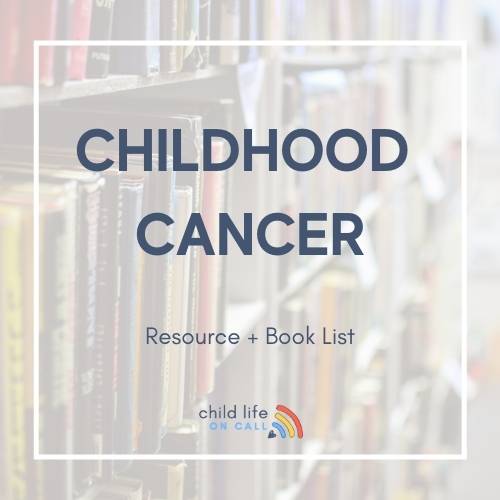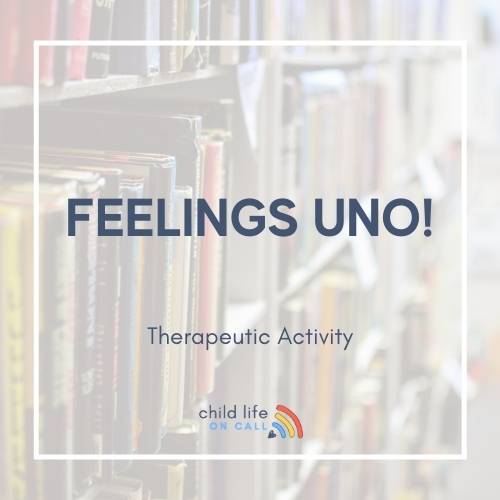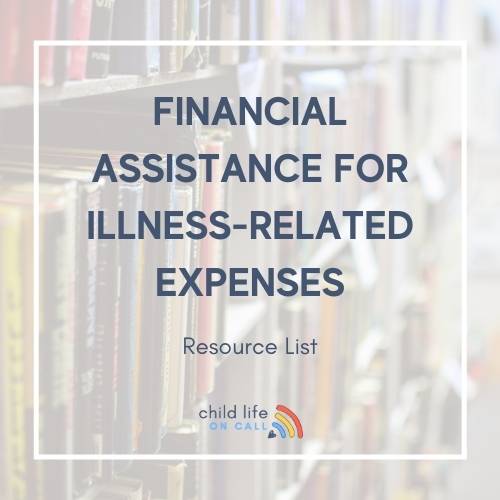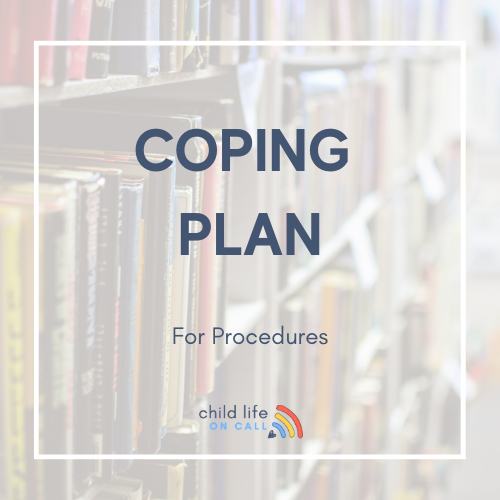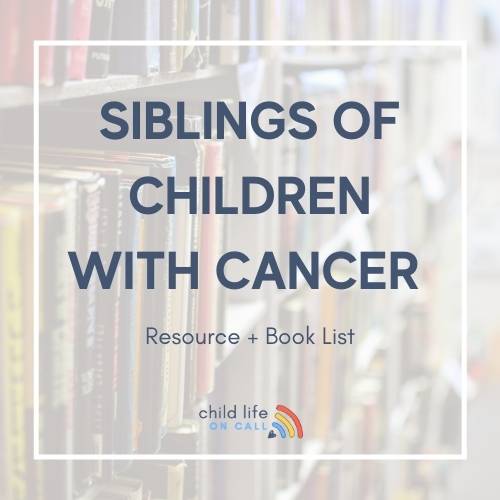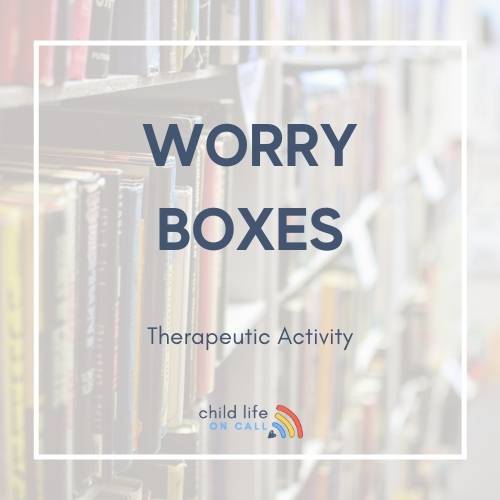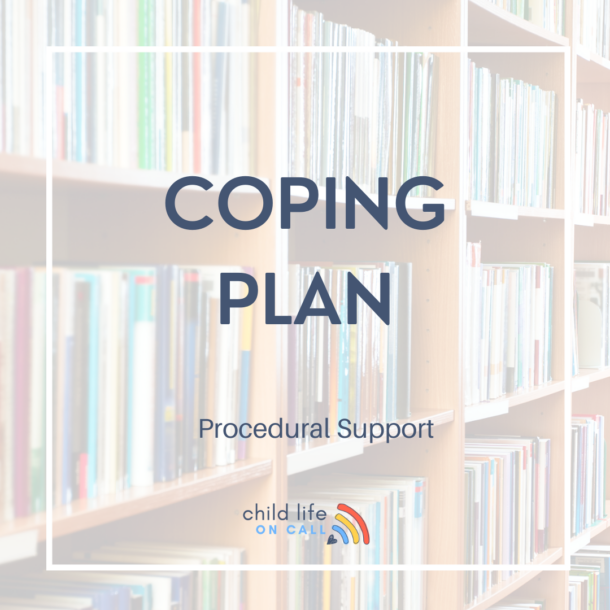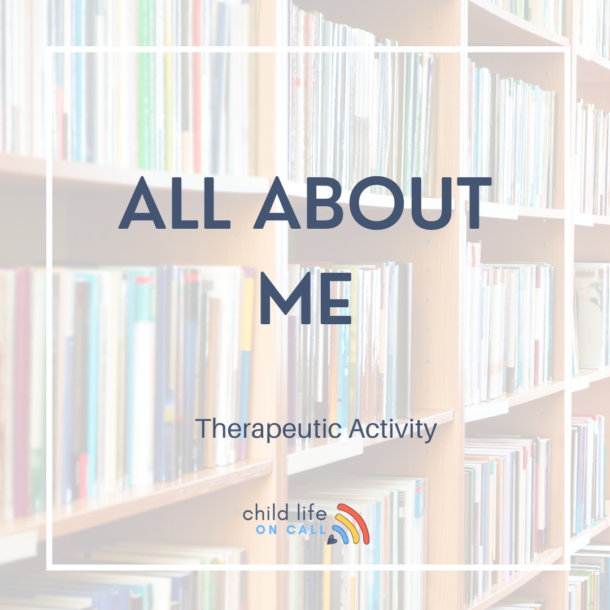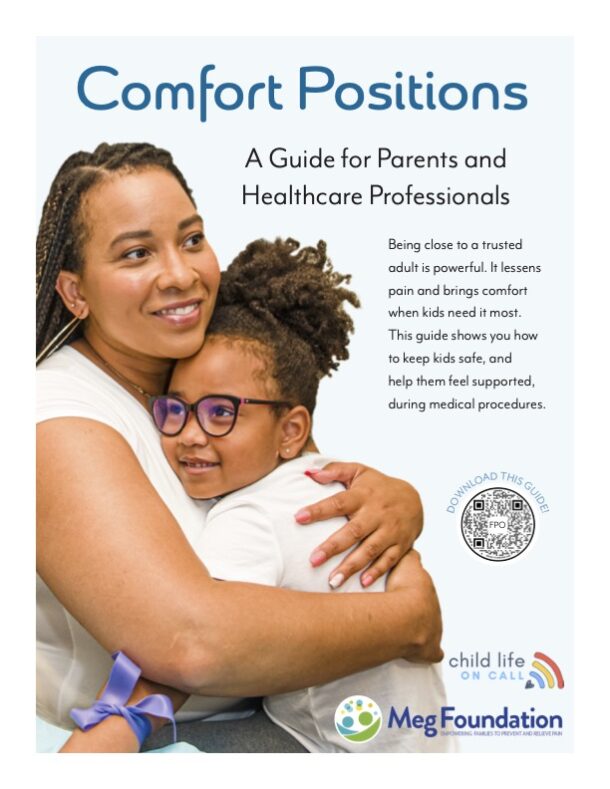One of the most common questions I get asked is, do I need a master’s degree?
As with most questions on the journey to certification, it depends.
The short answer is, no, you do not need an advanced degree to become certified. In a nutshell you need:
- a bachelor’s degree in a related field
- the 10 required course outlined by the ACLP
- a clinical child life internship
- pass the certification exam
But, you may talk with other students pursuing a master’s degree and start to wonder if that is the right path for you. Basically, this really varies from person to person.
When I graduated with my bachelor’s degree, I had the required coursework, hours with well children and two summers of experience at a medical camp. Additionally, I applied to one round (3 sites) of practicums and did not receive any interviews. This always made me feel “behind” when it came to the child life profession and the path to certification, so I decided that I wanted to feel “ahead” and needed more time to gain experience in a hospital setting.
In my case, pursuing a master’s degree was one the best personal and professional decisions I’ve ever made. I had an amazing cohort for support, moved 1,000 miles from home, and grew in more ways than I can count. This program was closer to multiple children’s hospitals and was run by someone with over 30 years of experience in the profession.
On the other hand, I worried a lot about funding (shout out to the free counseling services offered by my university!) and was lucky enough to receive a graduate assistantship which gave me in-state tuition and a living stipend. I highly recommend asking about graduate assistantships in your search for a graduate program.
At the time, I didn’t realize that online master’s programs were an option (or maybe they didn’t really exist yet?) Either way, I loved my in-person program and that choice worked out well for me, but I recognize that this might not be the case for everyone.
When it comes to child life specialists, I’ve been fortunate enough to work with folks from diverse educational backgrounds. All were equally as skilled and passionate about their practice.
Here are a few reasons you may want to consider an additional degree:
- If you need all 10 courses for certification, you may want to consider another degree that will allow you to take all of the courses but also receive a degree. If each of those courses is 3 credit hours, then you are already at 30 credits and most masters programs require anywhere between 30-60 credits.
- If teaching at the college level one day then you need a master’s degree in order to meet the requirements to be a professor (typically adjunct or per course positions).
- Additionally, if you envision conducting research one day, then a master’s degree with a thesis option is definitely something to consider.
- Having a degree that is not child life specific may allow you to add to your child life knowledge and give you some tools to do a job outside of the traditional child life track.
It’s easy to get “stuck” in a professional rut and pursue an advanced degree as the answer. But don’t just jump back into school; it’ll take hard work, dedication and commitment… so pause before making such a big decision. Reflect on your goals, aspirations – why do YOU want to go down this path? That will help you determine whether further education is right for you.

